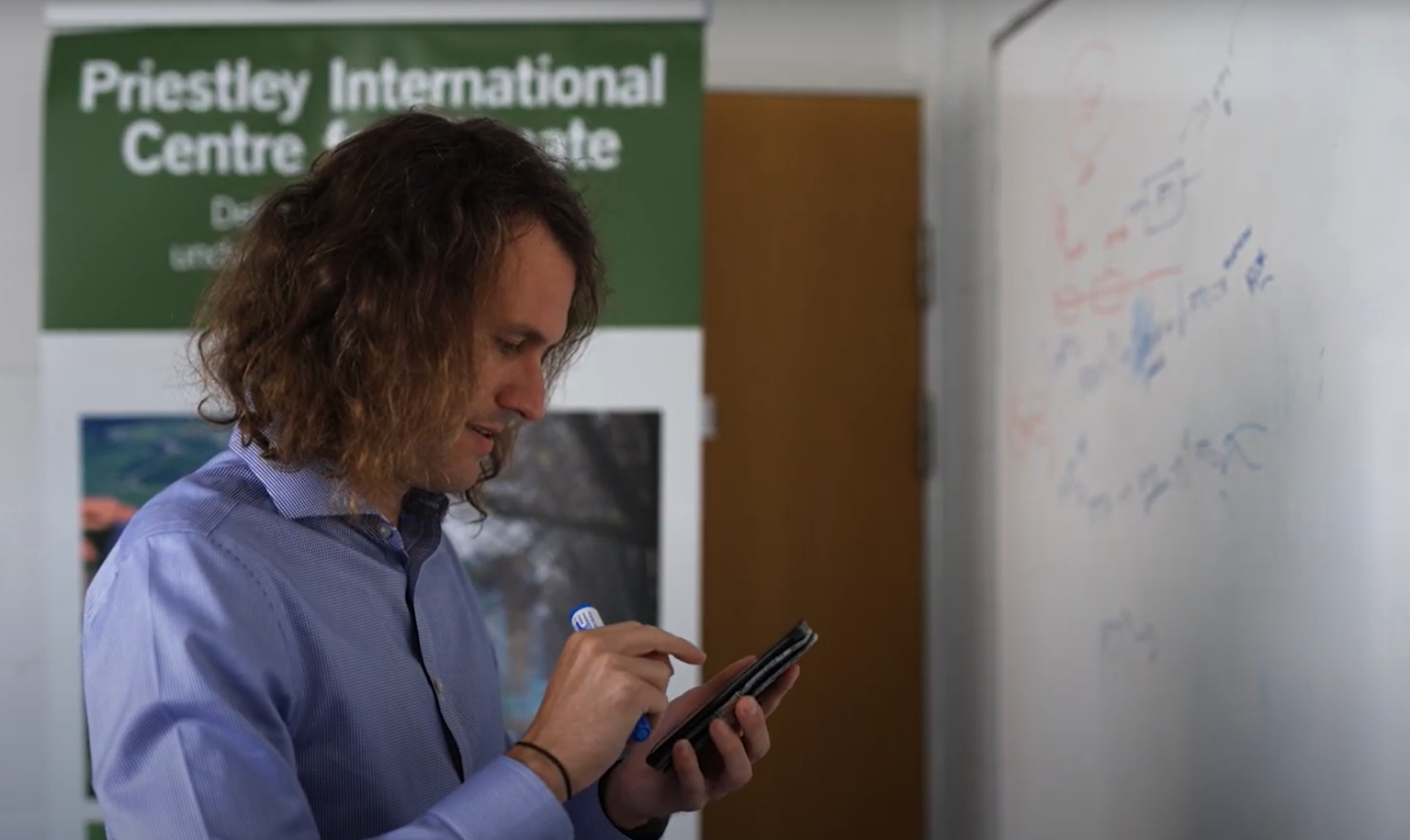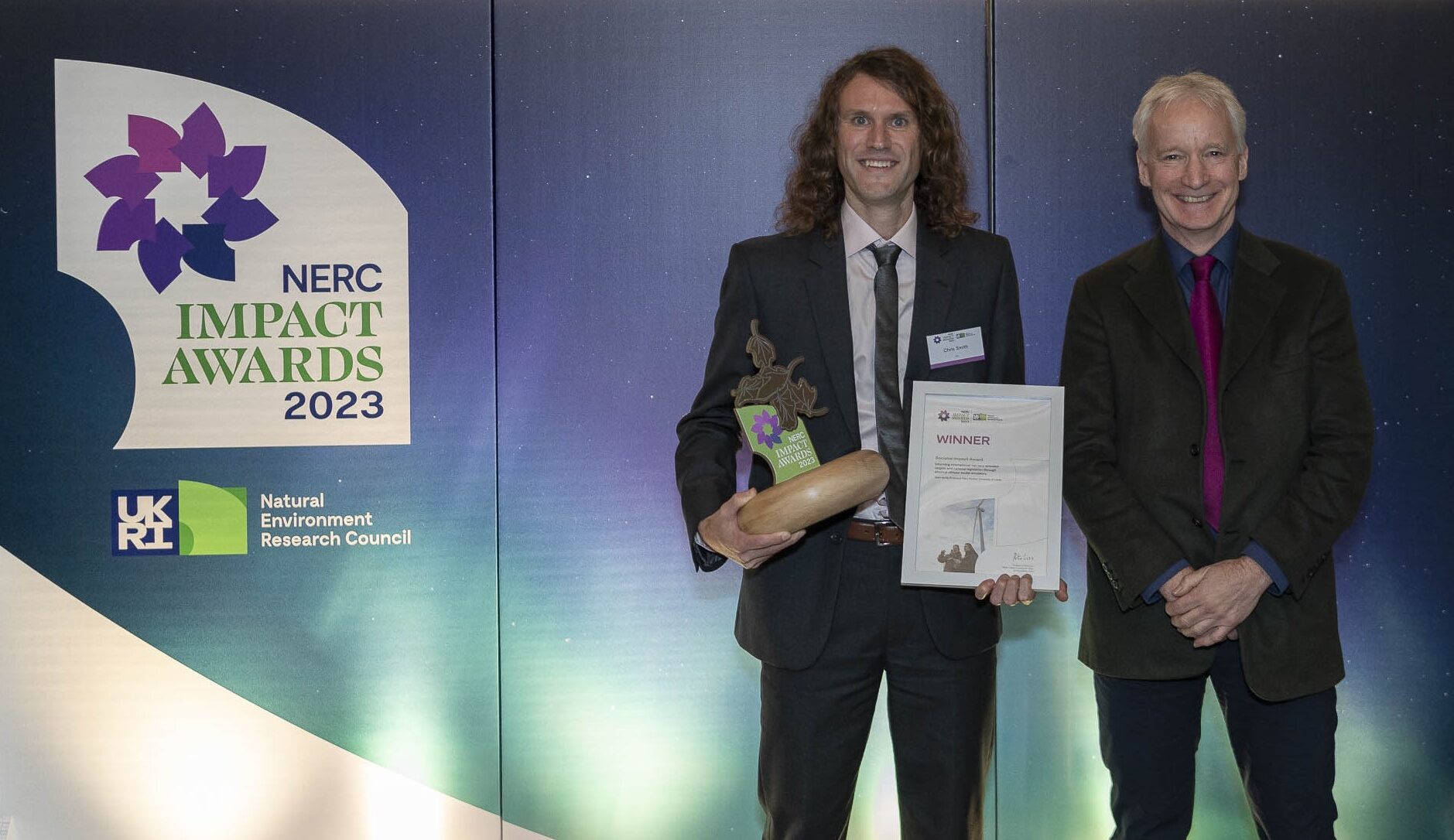Speeding up simulations to tackle climate change

An ultra-fast computer model developed by a team at the University of Leeds played an important role in the development of international climate policy options.
Whilst most climate models can take months to run, the Finite Amplitude Impulse-Response (FaIR) emulator created by experts at Leeds in collaboration with researchers at the University of Oxford can replicate the same global surface temperature projections in only a fraction of a second.
Using the FaIR model, policymakers are now able to calculate the impact of climate change themselves in a trusted, open way. This allows them to make decisions more quickly, which in turn means financiers can make the investment decisions on developing the low-carbon technologies that we urgently need.
FaIR was among the tools used to identify how little remained in the global carbon budget – the amount of carbon that could be safely released into the atmosphere – if the world was to meet the promises made in the 2015 Paris Agreement to limit global warming to 1.5°C by 2050.
The small margin of action identified in the assessment of remaining carbon budgets has also triggered numerous reactions, including by youth movements using this information to call for urgent climate action. Recent mitigation ambitions from cities, companies, governments are increasingly formulated with respect to the timing of reaching net zero CO2.
In her address to the US congress in September 2019, prominent climate activist Greta Thunberg began with one science fact to illustrate the importance of climate change, by directly pointing to a table of the remaining carbon budget numbers computed by the Leeds team with the FaIR model.
In November 2023, the University of Leeds team that developed FaIR was awarded a NERC Award for Societal Impact from the Natural Environment Research Council.

Work with us
Work with us to help drive evidence-based decision making in your organisation using the latest scientific knowledge and insights.
At the Priestley Centre for Climate Futures, we work closely alongside business leaders and policy makers to help you make informed choices that deliver better results for our world. Our Climate Evidence Unit is uniquely positioned to partner on decision modelling, peer review and rapid evidence synthesis to make sense of the depth and breadth of information available and provide succinct recommendations to help you make informed business and policy decisions.
To learn more about how we could deliver insights into your decision-making, please contact climate@leeds.ac.uk.
